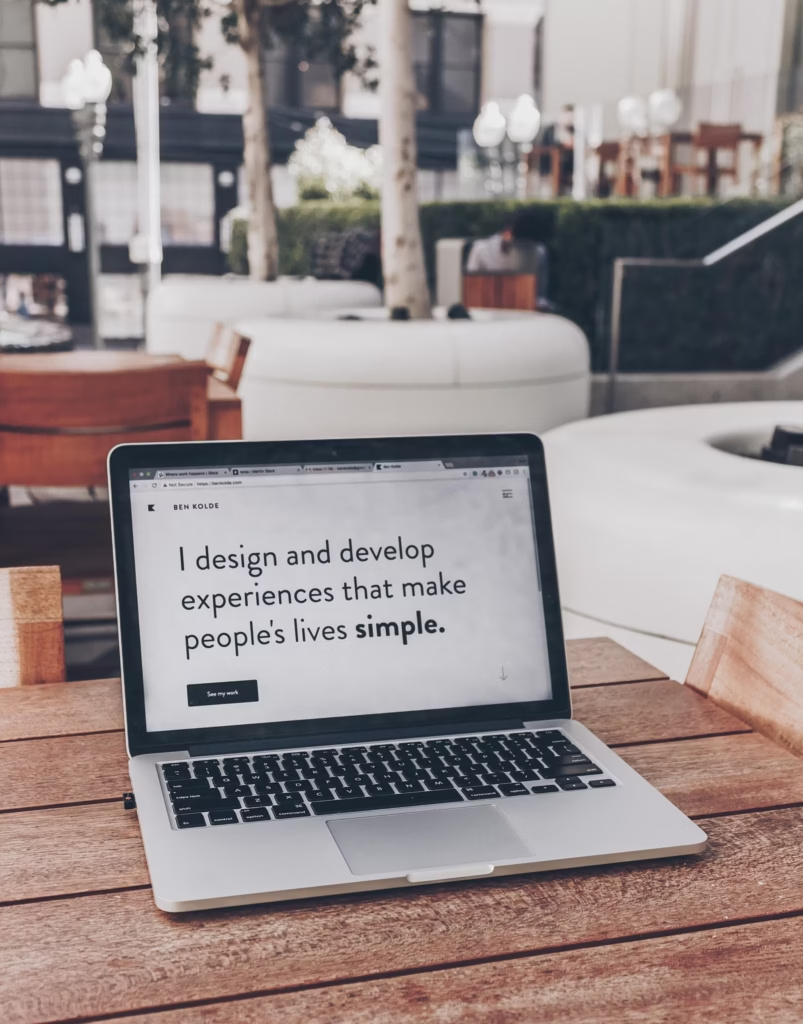
What We Do
The Inclusive Commons takes a unique approach, based on the fusion of competencies from inclusive design and human rights law. This allows us to mobilize the relevant skills and tactics – from research, inclusive design and policy consultation, and development, legislative reform, and litigation, with the active participation of those who experience marginalization,


Community Engagement
TIC will not claim to represent or speak on behalf of communities of marginalized persons. It will nonetheless include members of these communities in its governance/operations and more importantly listen to the wants and needs of representatives of these communities through an organized community engagement process, and apply what is learned to the prioritization of its work to be performed and in its research.

Research
The inclusive design process begins with consultation and adds research so as to confirm the most effective means of restructuring society to be more inclusive.

Inclusive Design
Design that considers the full range of human diversity concerning ability, language, culture, gender, age, and other forms of human difference.
Inclusive design has three dimensions: recognizing diversity and uniqueness; inclusive processes and tools; and broader beneficial impact.

Policy Consulting / Development
By bringing together the complementary fields of inclusive design and human rights law, TIC will be able to make a business case, identify public and private standards and guidelines and/or provide draft legislation, regulations and policy proposals that advance the visions and values of TIC. This consultative role is assumed to be distinct from a partisan political or advocacy role.

Precedent Setting Litigation
Sometimes business, government, and social institutions are resistant to inclusion. Cutting-edge systemic litigation can advance public awareness, identify needs and barriers that were not previously well recognized/acknowledged, and give institutions and bureaucracies the push they often need to advance the vision and values of TIC.

Education
The goal of inclusion is advanced by expanding, diversifying and addressing succession amongst those with inclusion expertise.

International
TIC may provide leadership, but also benefit from the leadership of others, in all the functions it has identified for itself. TIC will research, create policies, educate, and litigate at provincial, national, and international levels, including seeking to hold Canada accountable for complying with its international obligations.
ProJECTS
Current Projects of TIC
We are currently taking action to ensure accessible necessities for all, including:
✓ ACCESSIBLE housinG
✓ digital technology
✓ inclusive education



